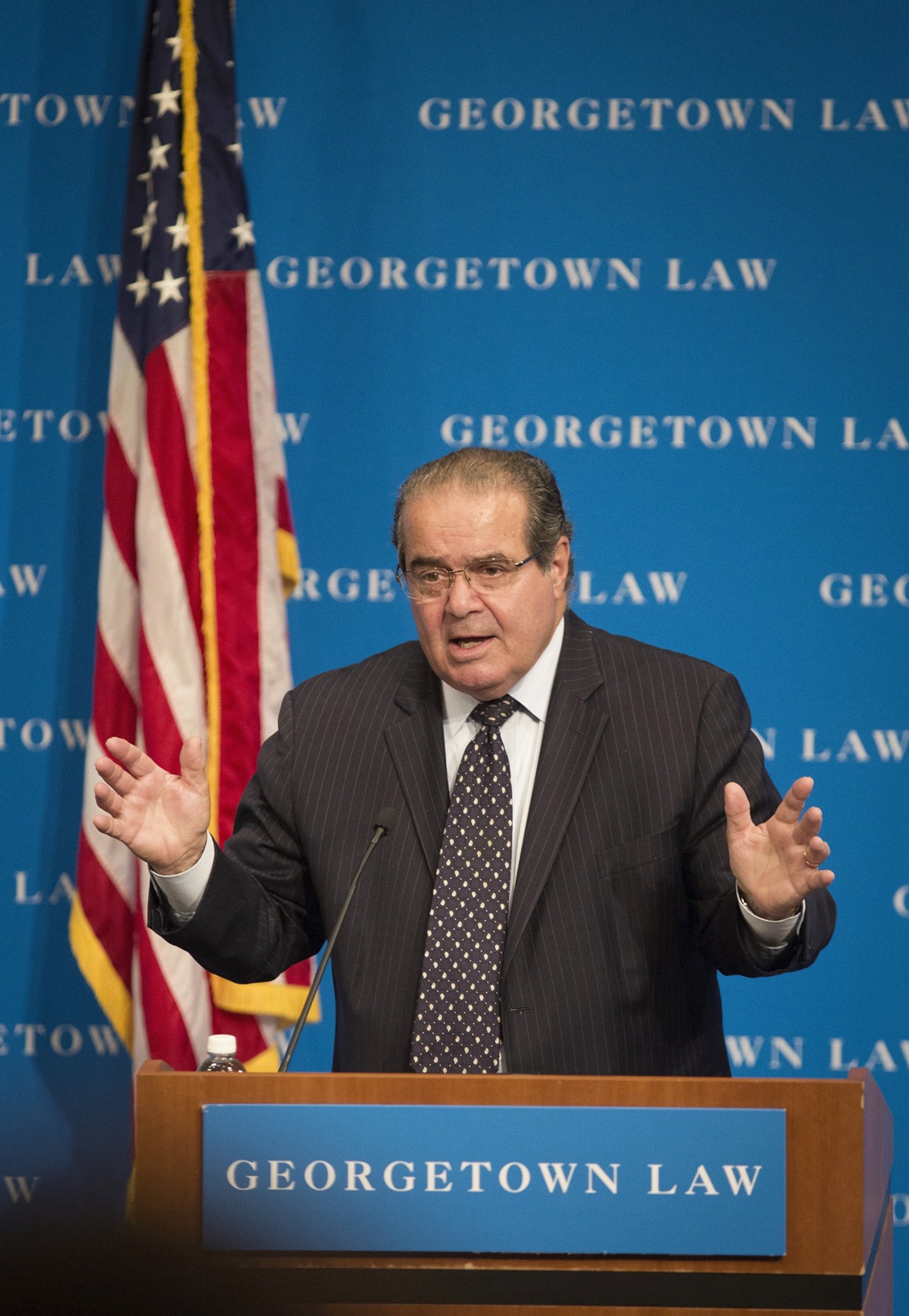
U.S. Supreme Court Justice Antonin Scalia is seen in this Aug. 30, 2013, file photo at Georgetown University Law Center in Washington (CNS photo/Nancy Phelan Wiechec)
His “originalism” was not just a sound constitutional principle. It was a defense against the encroaching abuse of judicial power — like the enforced legalization of same-sex “marriage”
On February 13, 2016, America lost one of its greatest legal minds, a patriotic American and a devout Catholic — Justice Antonin Scalia.
One of Justice Scalia’s sons, Reverend Paul Scalia, began an unforgettable homily at his father’s funeral Mass by stating, “We are gathered here because of one man… A man loved by many, scorned by others. A man known for great controversy, and for great compassion. That man, of course, is Jesus of Nazareth.”
Fr. Paul made an eloquent parallel as the characteristics of Christ he catalogued aptly portray the life and legacy of his father, Justice Scalia. In his wake, Justice Scalia left an American jurisprudence fundamentally altered by provocative dissents, sharp wit, and controversial decisions. His stalwart defense of “original meaning” constitutional interpretation, while engendering many critics, created a lasting impression on American law.
Justice Scalia was born on March 11, 1936 in Trenton, New Jersey, the only child of Italian-Catholic parents.
Scalia grew up with a Jesuit education, attending an all-boys’ school on full scholarship and then Georgetown University, graduating first in his class from both institutions. During his final set of exams at Georgetown, Scalia learned a lesson that shaped his life and, through him, American jurisprudence. He was asked by his professor what he believed was the most significant event in history. Scalia responded with “the Battle of Waterloo.” His professor informed him that he was incorrect; the most significant event in history was the Incarnation. Justice Scalia later reflected to a biographer, “It was the last lesson I learned at Georgetown: not to separate your religious life from your intellectual life. They’re not separate.” Following Georgetown, Scalia attended Harvard Law School where he was a member of the Law Review and graduated magna cum laude. After several positions in private practice, academia and the government, in 1982, President Reagan appointed Scalia to the D.C. Circuit Court of Appeals. After only four years on the bench, the Senate unanimously confirmed his appointment to the nation’s highest court, making way for Scalia’s reasoned opinions and fiery dissents.
Scalia vehemently disagreed with the theory of a “living Constitution” that evolves and changes over time.
Scalia believed that the meaning of the Constitution is fixed — “a rock to hold onto.”
This fixed meaning is discovered by looking at the text of the Constitution, the meaning of the words at the time the Constitution was written, and the practices of the people at the time the Constitution was written, he believed.
This approach ensures judges do not insert their personal ideology into constitutional interpretation. He feared that an alternative approach would erode the primacy of the written Constitution and allow democracy to fall at the hands of judges abusing their power.
His fear is all too evident in the line of Supreme Court cases dealing with homosexuality. In these cases, the Supreme Court trampled founding-era rights, such as the right to religious liberty, to make way for the homosexual agenda.
True to his Catholic upbringing and the last lesson he learned at Georgetown, Scalia boisterously dissented and called out his colleagues’ abuse of their power.
Scalia chastised the majority for allowing their personal beliefs to trump the Constitution in the 2003 decision Lawrence v. Texas, which prohibited laws criminalizing homosexual conduct as unconstitutional, overturning 17-year-old precedent.
Scalia dissented: “Today’s opinion is the product of a Court which is the product of a law-profession culture, that has largely signed on to the so-called homosexual agenda, by which I mean the agenda promoted by some homosexual activists directed at eliminating the moral opprobrium that has traditionally attached to homosexual conduct… It is clear from this that the Court has taken sides in the culture war, departing from its role of assuring, as neutral observer, that the democratic rules of engagement are observed.”
He foresaw the long-reaching effects that federal decriminalization of homosexuality by judges would have on the moral and religious fabric of our country.
He wrote: “[T]he Court says that the present case ‘does not involve whether the government must give formal recognition to any relationship that homosexual persons seek to enter.’ Do not believe it.”
Sure enough, Scalia’s prediction would come to pass.
Ten years later, in 2013, the Supreme Court again ruled as gay-rights activists rather than as neutral observers in United States v. Windsor. Windsor held unconstitutional the federal Defense of Marriage Act (DOMA), which limited marriage to one man and one woman. Scalia again dissented against the majority’s “rootless and shifting justifications,” noting a point he asserted in Lawrence, “the Constitution does not forbid the government to enforce traditional moral and sexual norms,” and its logical supposition that “the Constitution neither requires nor forbids our society to approve of same-sex marriage.”
He again chastised the majority for abandoning its constitutional duties in favor of judicial activism: “It takes real cheek for today’s majority to assure us, as it is going out the door, that a constitutional requirement to give formal recognition to same-sex marriage is not at issue here — when what has preceded that assurance is a lecture on how superior the majority’s moral judgment in favor of same-sex marriage is to the Congress’s hateful moral judgment against it. I promise you this: The only thing that will ‘confine’ the Court’s holding is its sense of what it can get away with.”
Only two years later, Scalia’s predictions culminated in Obergefell v. Hodges, which created a constitutional right to same-sex marriage.
Scalia used his dissent as a battle cry “to call attention to [the Supreme Court’s] threat to American democracy” and “naked judicial claim to legislative — indeed, super-legislative — power.”
He wrote: “Today’s decree says that my Ruler, and the Ruler of 320 million Americans coast-to-coast, is a majority of the nine lawyers on the Supreme Court. The opinion in these cases is the furthest extension in fact — and the furthest extension one can even imagine — of the Court’s claimed power to create ‘liberties’ that the Constitution and its Amendments neglect to mention. This practice of constitutional revision by an unelected committee of nine, always accompanied (as it is today) by extravagant praise of liberty, robs the People of the most important liberty they asserted in the Declaration of Independence and won in the Revolution of 1776: the freedom to govern themselves.”
Justice Scalia’s words ring all too true as the freedoms — such as religious liberty and the ability of the people to shape the government — that were once firmly established rights crumble away, making way for new “rights” never contemplated by the Framers.
As this line of cases demonstrates, the Supreme Court uses its power to “take from the People questions properly left to them — with each decision that is unabashedly based not on law, but on the ‘reasoned judgment’ of a bare majority of the [Supreme] Court — we move one step closer to being reminded of our impotence.”
Justice Scalia acted as a bulwark, protecting our constitutionally guaranteed freedoms from subtle — and not-so-subtle — erosion at the hands of the activist Supreme Court.
His opinions and dissents have left a framework for future justices to follow, ensuring that his work was not in vain and his legacy will be lasting.
Richard Thompson is currently the President and Chief Counsel of the Thomas More Law Center, a national public interest law firm based in Ann Arbor, Michigan dedicated to the defense and promotion of America’s Judeo-Christian heritage and moral values, a strong national defense, and an independent and sovereign United States of America.

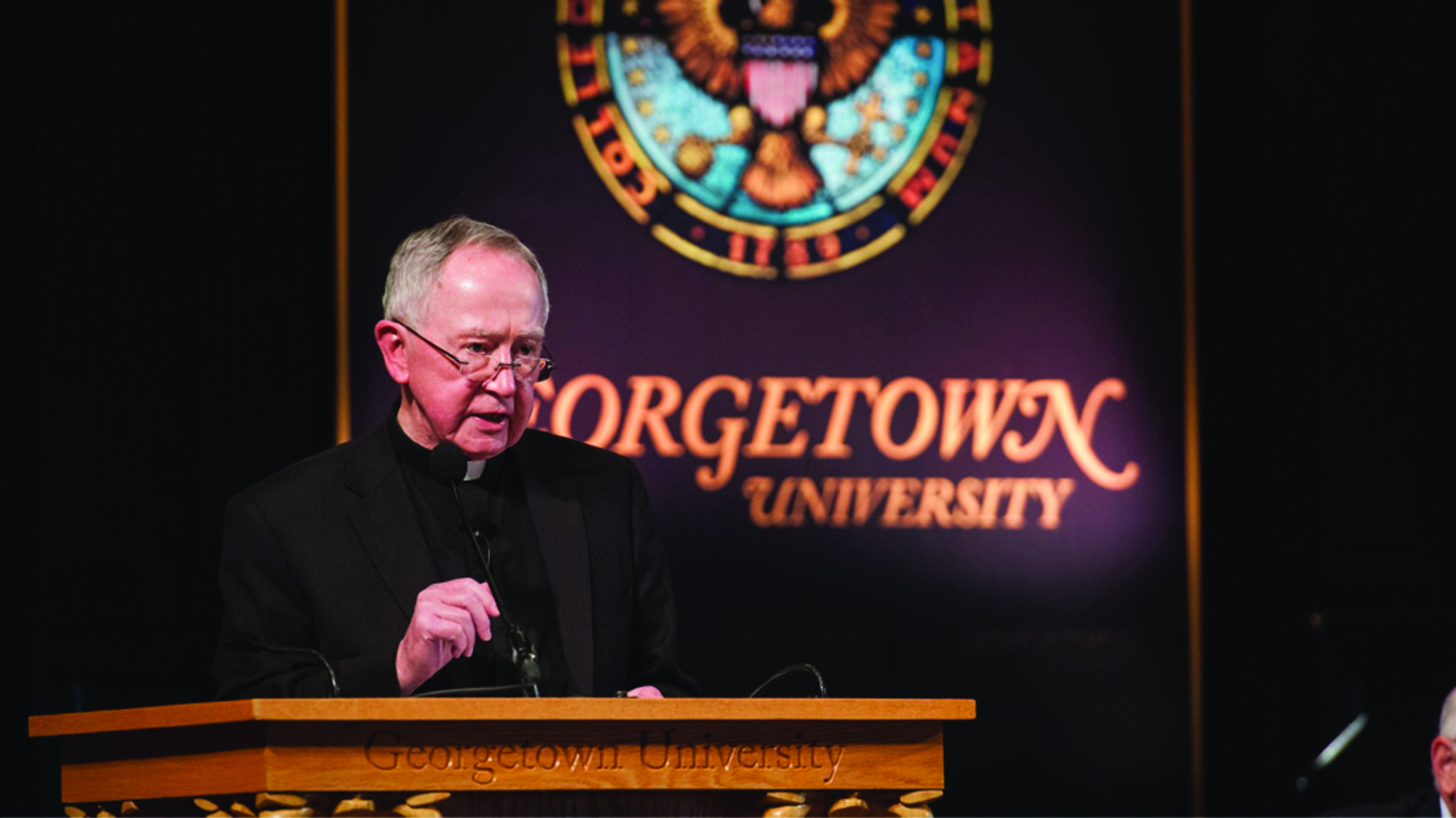
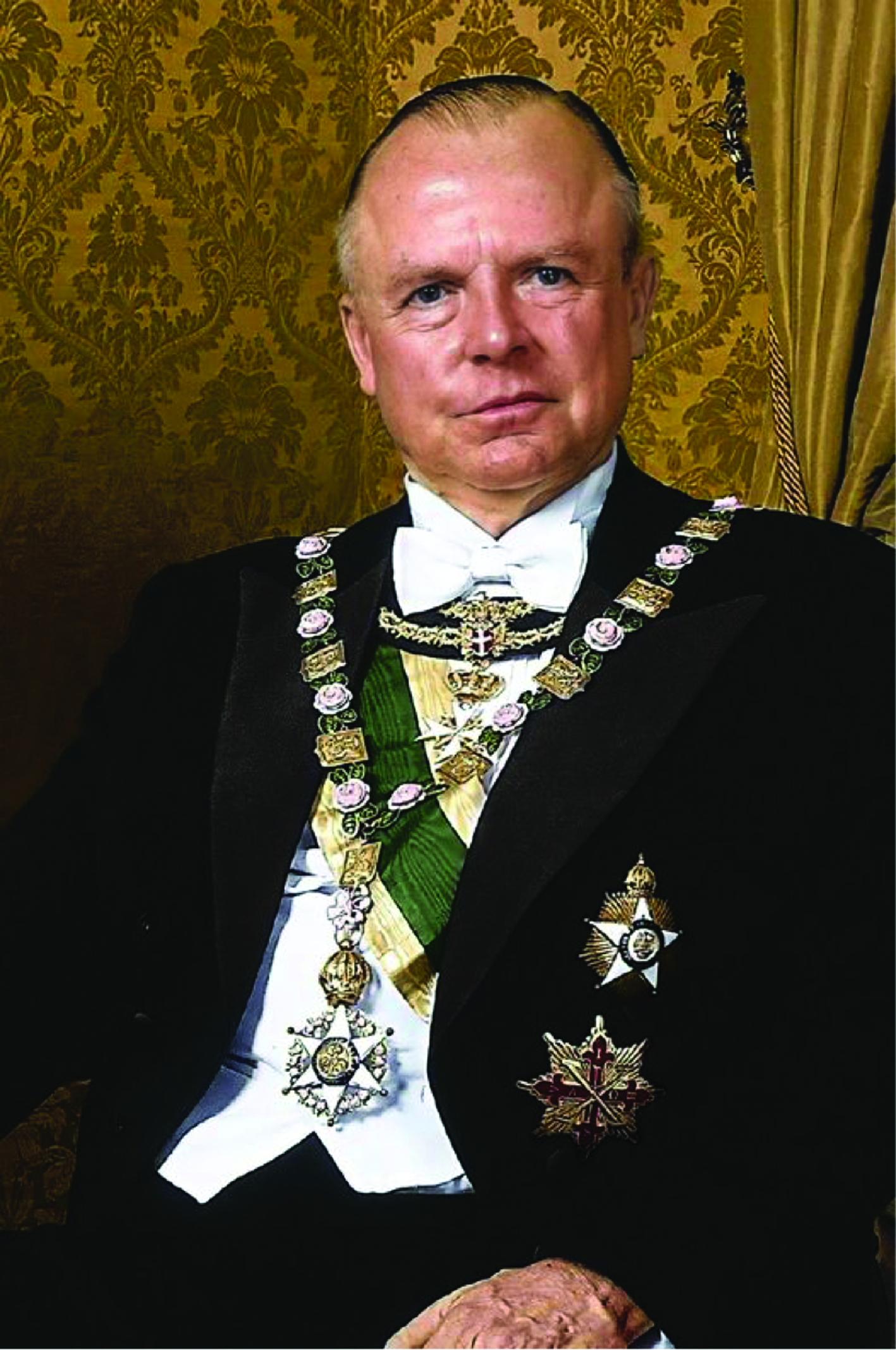
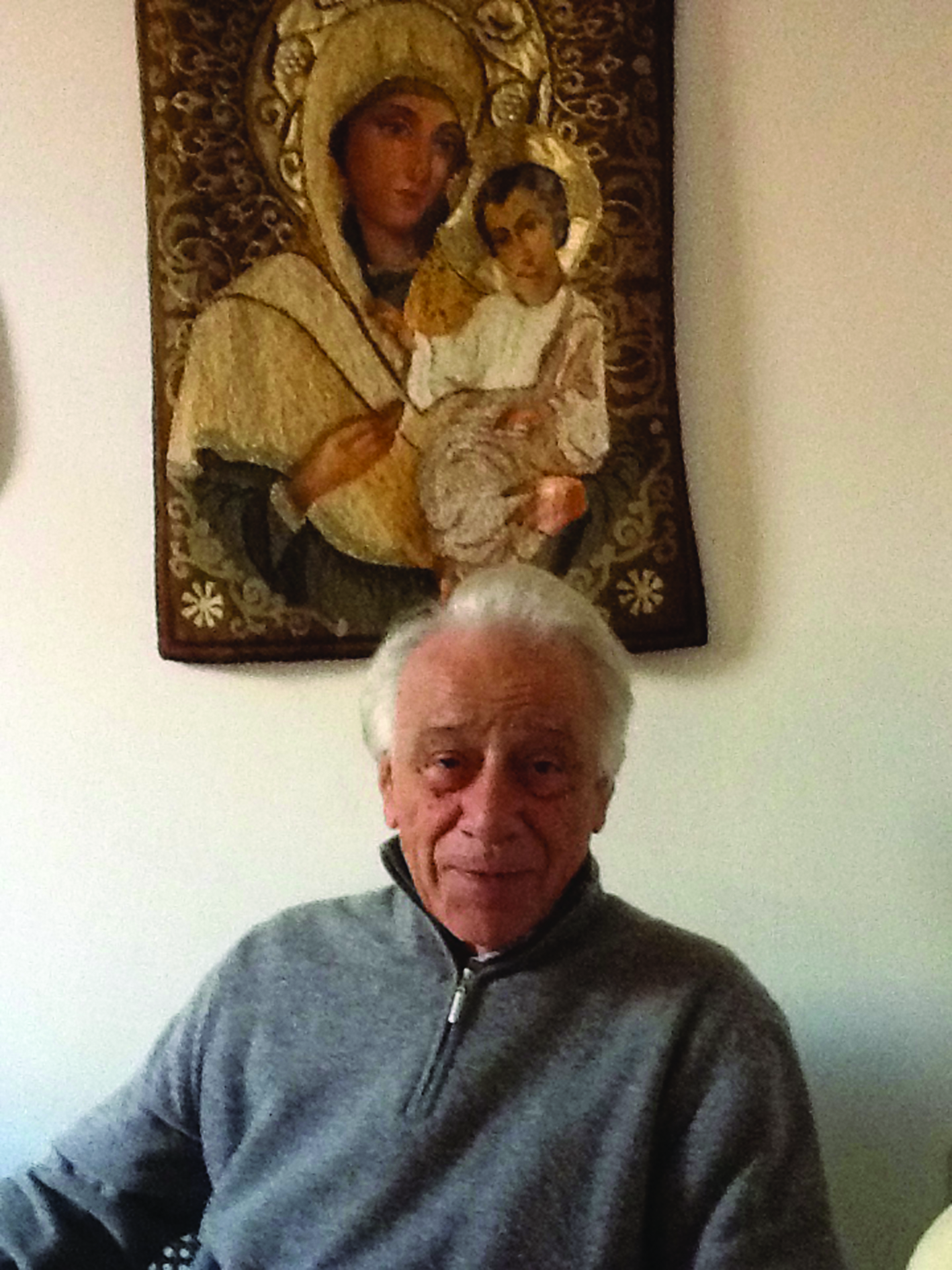
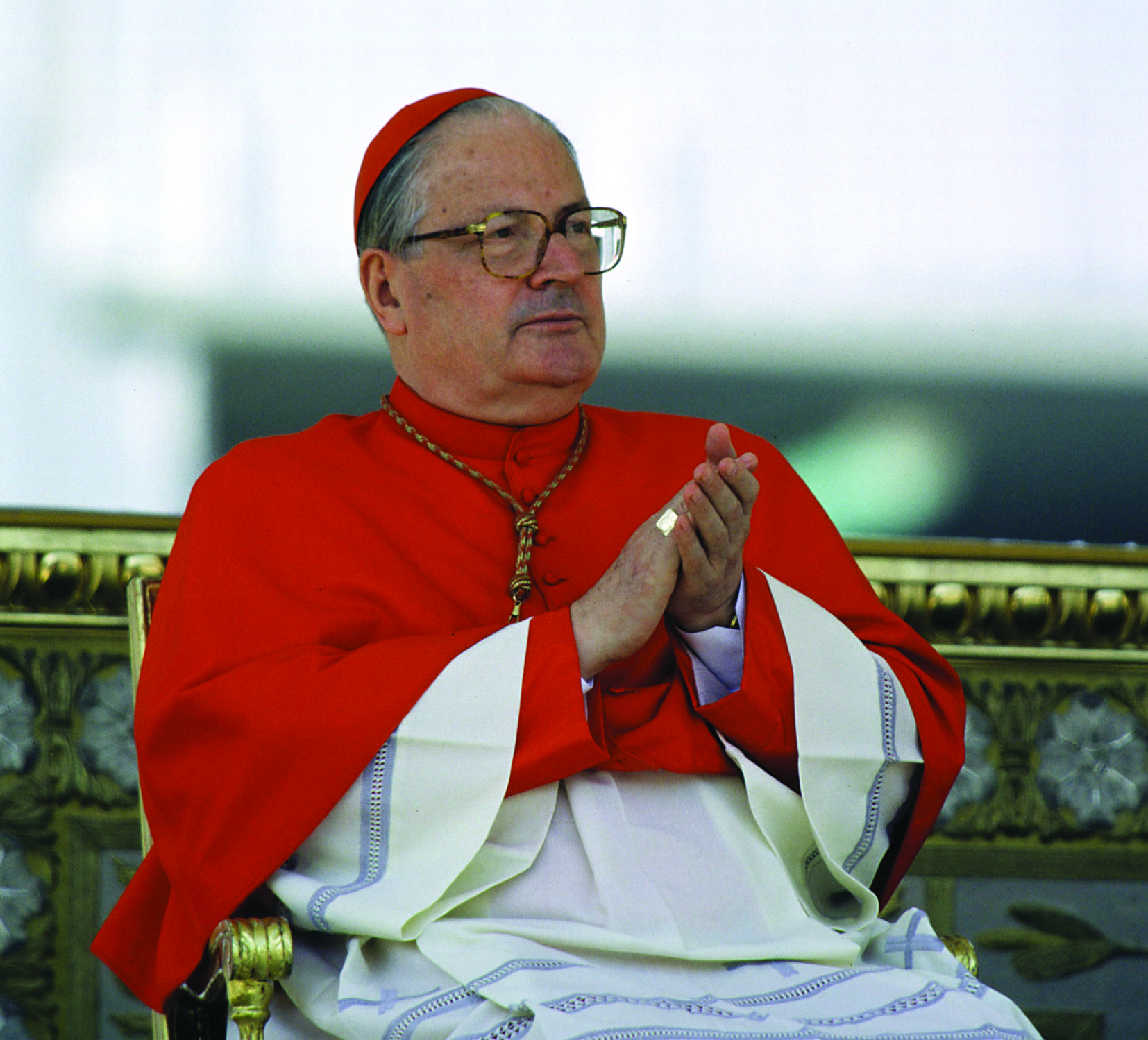
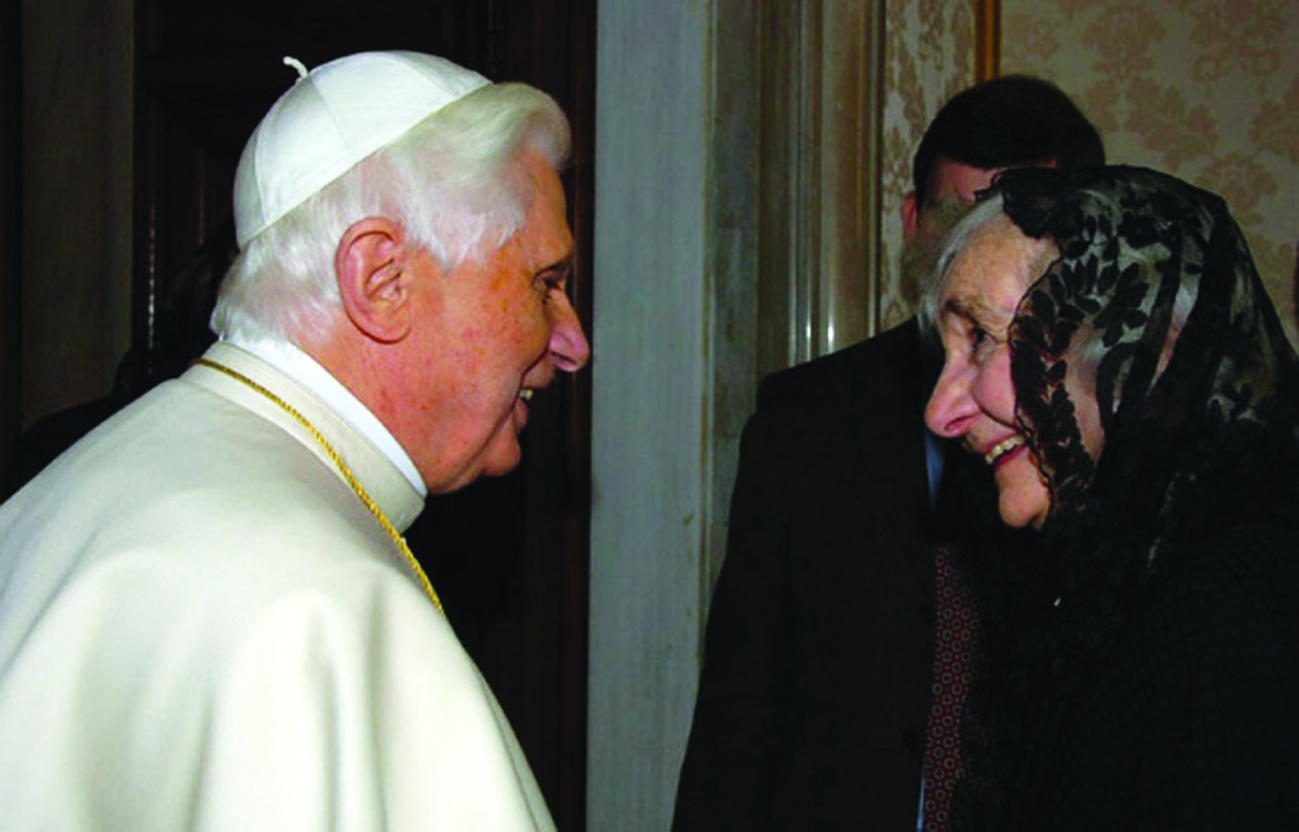
Facebook Comments